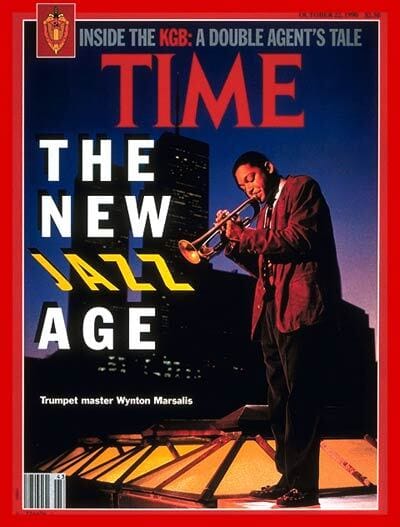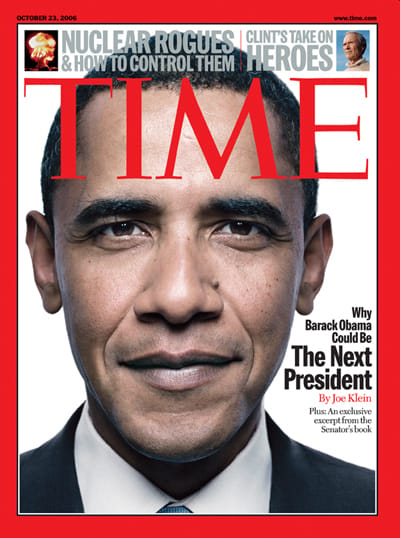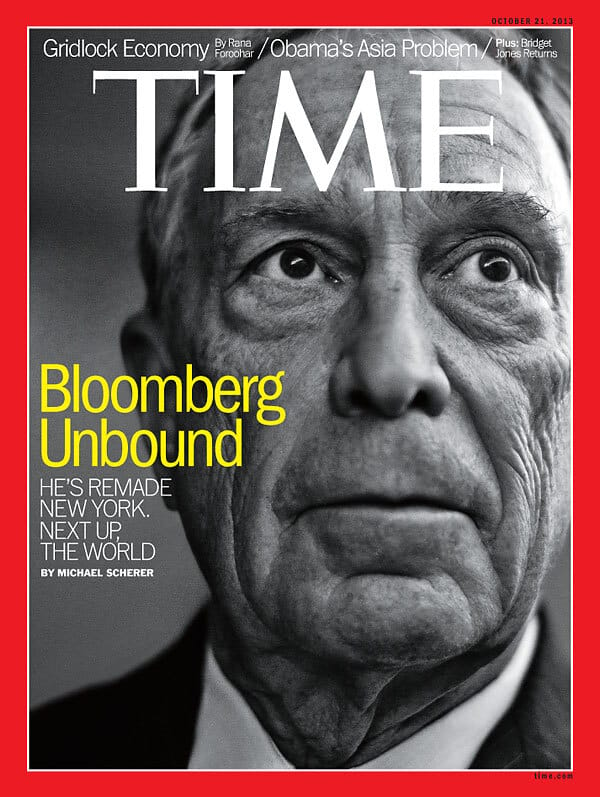| | | | By Made by History / Produced by Olivia B. Waxman | A recent bill proposed allowing the State Department to seize the passports of U.S. citizens who the department decided had provided support for terrorist organizations. While this particular provision was dropped, Denise Lynn argues in Made by History that it harks back to the McCarthy era, when the United States did indeed seize the passports of political activists due to activities deemed un-American. One of the most famous cases was that of Paul Robeson, the popular singer, actor, football player, and Black activist. His outspoken criticism of U.S. foreign policy and Jim Crow, as well as his sympathies for the Communist Party, led to his blacklisting and the seizure of his U.S. passport. Although these attacks put considerable pressure on Robeson, he refused to back down and attracted more support for his views. As Lynn argues, such efforts to crush dissent can ultimately fuel greater support for fundamental rights and freedoms. | |
|
| | | | | | | | | | | | | | | This week in 1990: Wynton Marsalis |  | The Oct. 22, 1990, cover of TIME |
| Ted Thai |
| "From the time he first appeared on a public concert stage with the New Orleans Philharmonic at age 14, Marsalis has been blowing away would-be rivals and leaving music professionals flap-jawed at his technical virtuosity. In 1984 he burst into national prominence by winning Grammys in both the classical and jazz categories, the first of eight such awards he has collected…[H]e is now breaking into movies with the release next week of Tune in Tomorrow, starring Peter Falk and Barbara Hershey, for which he wrote the score and in which he played a cameo role. In short, in the 11 years since he launched his professional career, Marsalis, who turns 29 this week, has become a full-fledged superstar." |
|
| READ MORE » |
|
| | This week in 2006: Barack Obama |  | The Oct. 23, 2006, cover of TIME |
| TIME |
| "'There's a core decency to the American people that doesn't get enough attention,' he said, sitting in his downtown Chicago office, casually dressed in jeans and a dark blue shirt. 'Figures like Oprah, Tiger, Michael Jordan give people a shortcut to express their better instincts. You can be cynical about this. You can say, It's easy to love Oprah. It's harder to embrace the idea of putting more resources into opportunities for young black men–some of whom aren't so lovable. But I don't feel that way. I think it's healthy, a good instinct. I just don't want it to stop with Oprah. I'd rather say, If you feel good about me, there's a whole lot of young men out there who could be me if given the chance.'" |
|
| READ MORE » |
|
| This week in 2013: Michael Bloomberg |  | The Oct. 21, 2013, cover of TIME |
| Photograph by Charles Ommanney / Reportage by Getty Images for TIME |
| "He starts talking right away about the parts of America that still don't believe in evolution or global warming, how his ex-wife remains his best friend, his aversion to the fanciest restaurants in Paris because, well, they are all just so terribly fancy. White-bread toast, Skippy peanut butter and bacon. That's how Michael Rubens Bloomberg, 71, describes his ideal meal. 'The cholesterol will go right to your veins,' he cautions…Not since the early 20th century have individuals had so much power to unilaterally shape our lives and shift our ideas. And never in history have they been able to exert their will so easily on such a global scale. This is the backdrop upon which Bloomberg is attempting to define his legacy, as a social and political engineer." |
|
| READ MORE » |
|
| | |
|
Comentarios
Publicar un comentario